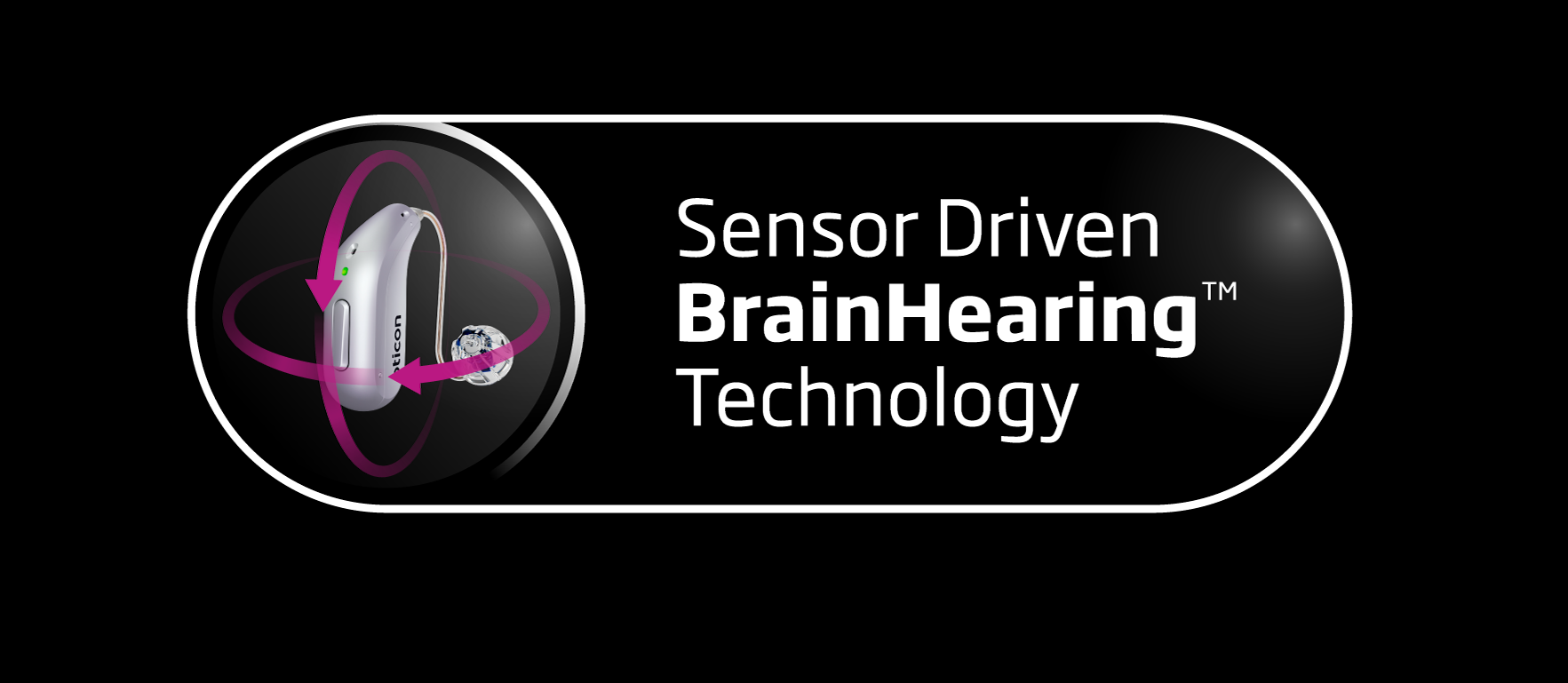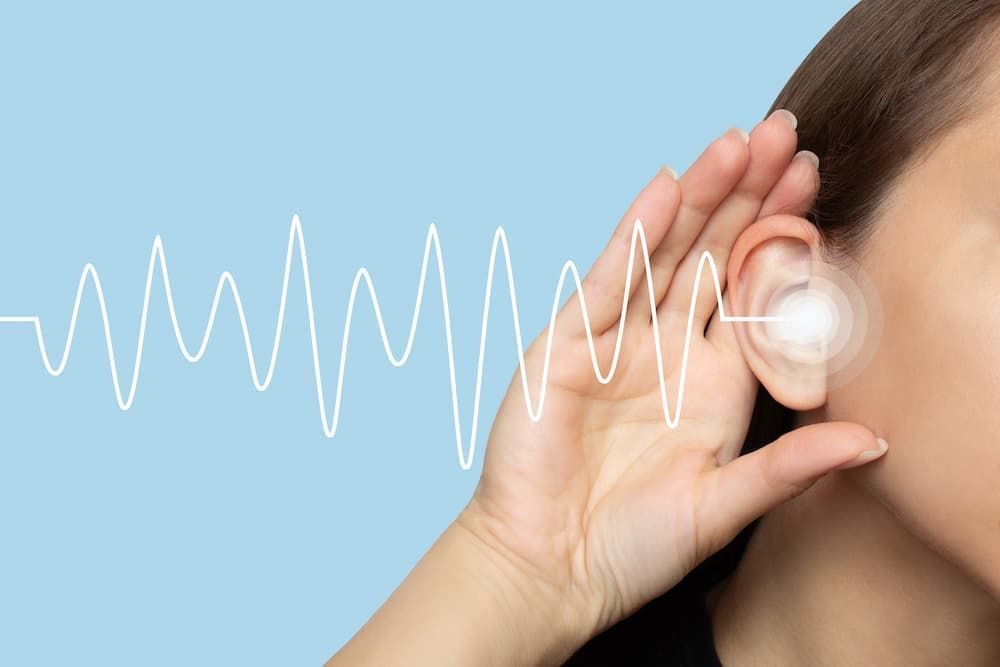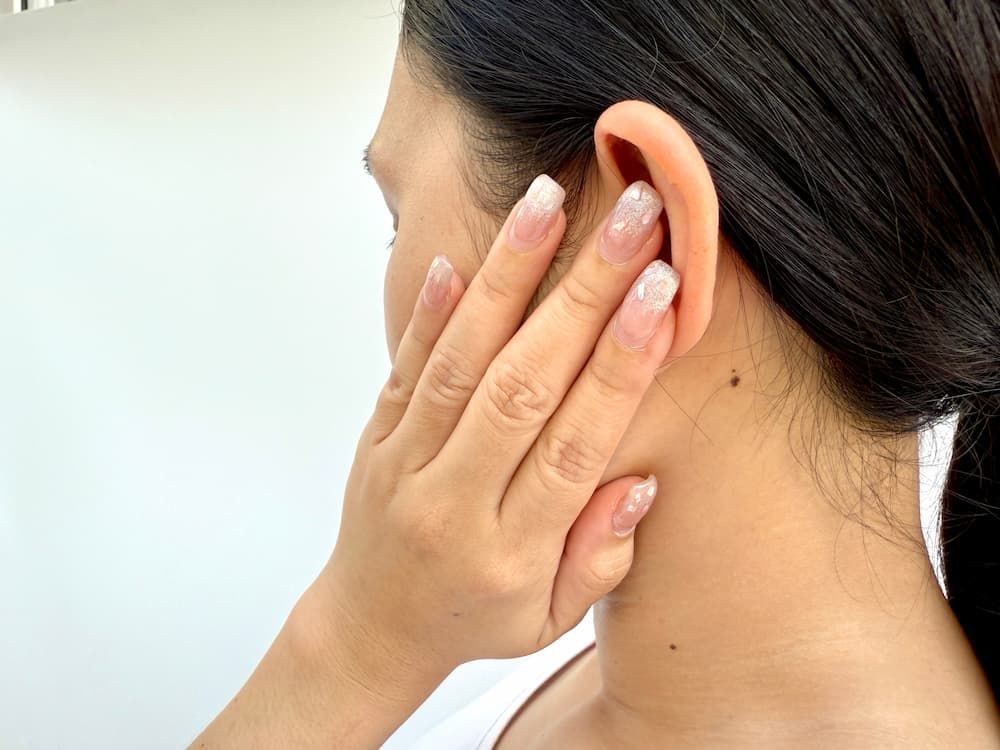Hearing Screening and Hearing Testing in Phoenix

Hearing Screening and Hearing Testing in Phoenix
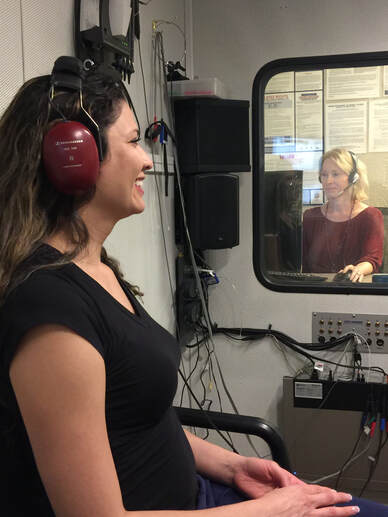 Know What Hearing Tests Are Before You Take Them
Know What Hearing Tests Are Before You Take Them
If you live in the metro area of Phoenix, hearing testing might come up when speaking to your doctor, and he/she may ask you to get your ears tested. This does not in any way mean that something is wrong. It is just that the doctor needs you to have a hearing test to make sure that your ears are working as they should.
Hearing loss becomes a possibility as you grow older. Between the ages of 45 and 64, 14% of people have some loss in hearing, and this percentage rises to 30% among people who are 65 years old or older. That is the reason doctors want to have your hearing tested every few years, instead of just once after you have become an adult.
It is recommended by experts in the audiology field to get your hearing tested once every ten years till you cross the age of 50, and once every three years after you have crossed this age. Of course, if you have any concerns about your hearing, you should get a hearing test immediately.
Thankfully, hearing tests are painless, quick, and inexpensive.
The Need for a Hearing Test
At times you may suspect that you have a hearing loss. You may have trouble hearing what is being said to you when you are in a crowded room or find that you have to turn on the volume high on your TV.
Not everybody realizes that they have a hearing problem. Hearing loss is a gradual process, and this prevents it from being realized. So, even if you think you might be fine, and the doctor suggests a hearing test, just do what they say!
Hearing loss in adults can be due to several reasons:
- Your working environment is noisy
- Constant use of power tools and lawnmowers
- Shooting with guns or other similar weapons
- Listening to loud music, recorded or live
- An excess of wax in the ears
- When you get hit on the head
- An ear infection
- Drug reactions
- An inherited hearing problem
Older people who have hearing loss, and do not do anything about it, will feel they are being left out of social events which they have always enjoyed, just because they are unable to hear what is happening. This inability to hear well can be embarrassing and can lead to their avoiding both friends and family. This isolation can lead to depression unless they get themselves some help with their hearing.
What Can You Expect During Testing
The entire process of testing can take about half an hour, and there is no pain. Adults who undergo these tests will be asked to wear headphones while they listen to tones played at different pitches and volumes in both the ears, but one at a time. Your ability to listen to each short burst of sound will show whether you can hear low or high pitched sounds, loud or quiet sounds, and if any of the ears has hearing loss.
Some of the hearing tests involve listening to speeches at varying volumes and will require to hear them one ear at a time. The voices will come to you quietly in the earphones, and you are required to repeat the words that you have heard. This test can be carried out in rooms that are quiet or noisy, as your hearing of voices can be troubled when there is any background noise.
 The Results and What They Mean
The Results and What They Mean
A test for hearing does not mean that you have passed or failed. The results will indicate your loss of hearing in each ear and the degree to which it is affected.
Sound intensities are measured in decibels. A whisper is 30 decibels. Normal speech measures 60 decibels, while anyone shouting in your ear will do so at 80 decibels or higher.
Adults who have normal hearing will have a loss of 25 decibels. The degrees of hearing loss are:
- Mild loss of hearing is indicated by 26 to 40 decibels
- Moderate loss of hearing is indicated by 41 to 55 decibels
- Moderate-to-severe loss of hearing is indicated by 56 to 70 decibels
- Severe loss of hearing is indicated by 71 to 90 decibels
- Profound loss of hearing is indicated by 91 to 100 decibels
At times hearing test results can surprise you when they say you have mild, moderate or severe hearing loss, and this is because the loss of hearing is gradual.
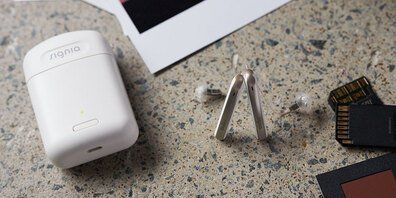 Treatment
Treatment
Hearing loss can rarely be restored, but you can make up the loss and also protect whatever hearing you have left.
If you need to wear hearing aids than you can choose aids that come in many styles. They are nowadays much smaller than what the elders in your generation used to wear. Models can go into the ear or sit behind it. Some may be completely hidden in the ear canal.
Some hearing aids are devices that amplify the sound you want to hear. They will be able to make phone calls louder. Others can help you hear better when you are in a theatre or a place of worship. Some specialize in loud, crowded environments like restaurants, and others combine hearing amplification with tinnitus treatment.
Lip reading can help you understand what people are saying. You can learn how to do this with a little training.
Your audiologist can suggest the wearing of earplugs when you go to places where there is too much noise, concerts, restaurants, or even while using loud yard equipment. This can help to prevent any increase in hearing loss.
| At Tinnitus and Hearing Center of Arizona, we conduct hearing testing in Phoenix and the entire Phoenix Valley, including Scottsdale, Chandler, Gilbert, Sun Lakes, Fountain Hills, and more, conveniently located in Tempe near the 101 and 60 freeways. For more information or to schedule an appointment contact us at (480) 831-6159
or visit our website here
.
|
|
The information provided in this article is not meant to be medical advice and is for educational purposes only. If you would like to learn more about this and other hearing-related topics, feel free to contact Tinnitus & Hearing Center of Arizona by clicking here or by calling 480-831-6159.

